Resources
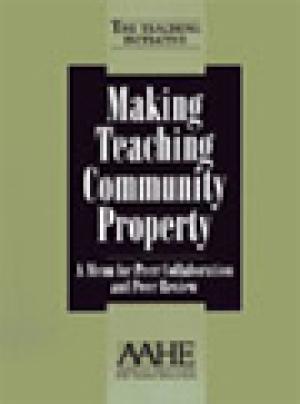
Describes strategies through which faculty can document and "go public" with their teaching - be it for purposes of improvement or evaluation. Each of nine chapters features a different strategy - from the fairly simple, low-risk "teaching circle," to "course portfolios," to more formal departmental occasions such as faculty hiring - with reports by faculty who have actually tried each strategy, guidelines for good practice, and an annotated list of resources. Offers lessons campuses can use to create more effective systems for the formal evaluation and reward of teaching. (From the Publisher)
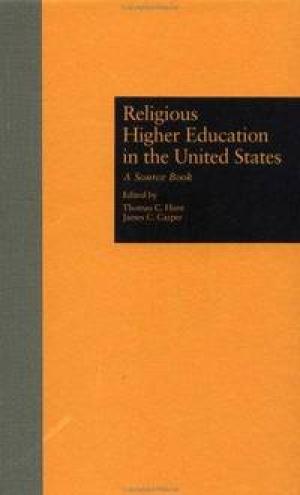
Higher education today suffers from lack of a clearly articulated purpose-a deficiency particularly challenging to religious-affiliated institutions. What is the relationship of secular learning to the faith that originally undergirded these institutions? This book offers the reader answers to this and other major questions currently facing denomination-affiliated institutions of higher education. Following a chapter on civil government's relationships to these institutions, 24 chapters survey the colleges, universities, and seminaries associated with denominations. Each chapter begins with an historical essay followed by annotated bibliographic entries covering primary and secondary sources dating back to 1986 on various denomination-connected institutions. There are 614 bibliographic entries, an epilogue on critical issues covered throughout the book, as well as a subject and author index. (From the Publisher)
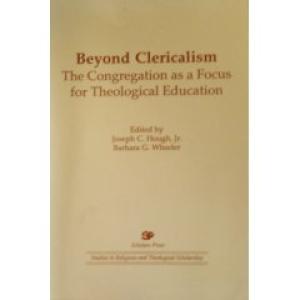
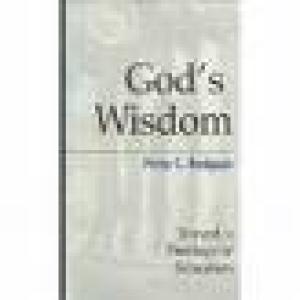
Drawing upon classical and modern theological resources as well as postmodern pedagogical theories, Peter Hodgson argues that God's Wisdom, incarnate in paradigmatic teachers such as Jesus of Nazareth, forms and transforms human beings by evoking critical thinking, heightened imagination, and liberating practice. This groundbreaking book reexamines the place of religion in liberal education and the relationship between religious and theological studies. (From the Publisher)
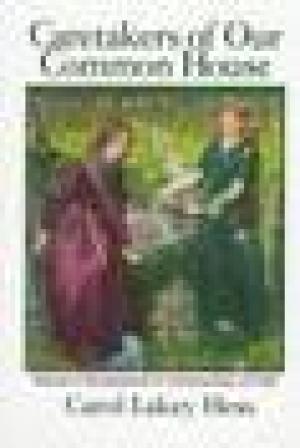
The author provides a provocative description of ways society's institutions have colluded to undermine the full development of women and girls. Relies on Gilligan and Kegan's theories of development; critiques Neibuhr's theology of sacrifice. Weaves biblical stories of women and personal stories into the data and suggests ways that parents, families -- and communities of faith can create environments in which girls and women may find their own voices as expressions of authentic selves. This book is being used by a women's discussion group in an Episcopal parish. Participants find it very provocative and insightful. (From the Publisher)

Presenting numerous activities--for both individuals and groups--designed to foster self-knowledge and growth in teaching, the authors examine the primary elements of the teaching-learning exchange. Valuable special resources, including scales for measuring beliefs and values about teaching describes individual teaching styles. (From the Publisher)

This important new work will help department chairs, faculty, and administrators understand and address the increasing complexity of relationships within higher education, as well as the growing influence of external factors. The Department Chair as Academic Leader is a completely updated revision of Allan Tucker's seminal contribution, Chairing the Academic Department, last published in 1992. This work reflects the approach used in the ACE Workshops for Division and Department Chairs and Deans. (From the Publisher)
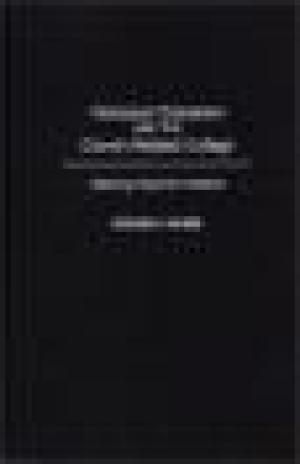
American church-related liberal arts colleges are dedicated to two traditions: Christian thought and liberal learning. According to Haynes, the moral continuity of these traditions was severed by the Holocaust. Because so many representations of these traditions contributed to the Nazis' ideological and physical efforts to annihilate millions of men, women, and children, it is unclear whether these traditions can any longer be said to facilitate human flourishing. Haynes presents a convincing argument that the post-Holocaust church-related college can participate in the restoration of these ruptured traditions through a commitment to Holocaust Education. This book provides valuable information for teachers who already offer a Holocaust course or for those who are considering doing so. In addition, the author presents an accurate picture of Holocaust Education at church-related colleges through an analysis of his nationwide survey. This book will be an important resource for scholars, teachers, and administrators. (From the Publisher)

Many faculty and graduate students from other countries expect language difficulties when they teach, but are unprepared for other surprises: different cultures make different assumptions about the academic background of college students, how students learn, the appropriate roles of teachers and students, and even the fundamental purpose of a college education. The third edition of Teaching American Students explains the expectations of undergraduates at American colleges and universities and offers practical strategies for teaching, including how to give clear presentations, how to teach interactively, and how to communicate effectively. Also included are illustrative examples as well as advice from international faculty and teaching assistants. Appendices offer concrete suggestions on topics from planning the first day of class to grading papers and problem sets. (From the Publisher)
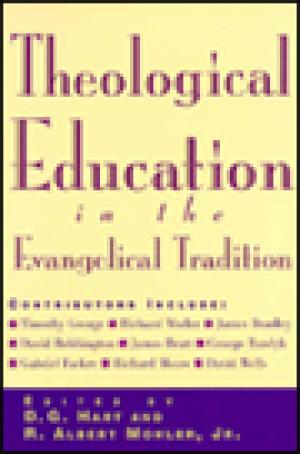
The purpose of this volume, according to the editors, "is to provide historical perspective necessary for measuring the strength, vitality, and character as well as the weaknesses and failures of evangelical theological institutions." This study accomplishes this goal by examining the origins, distinctive contributions, and tensions within theological education in the evangelical tradition. The essays are organized by themes: a historical survey of theological training in various theological traditions, the place of spiritual formation, the role of women in theological education, the relationship between the academy and the church, and perspectives on the future of evangelical theological education. (From the Publisher)